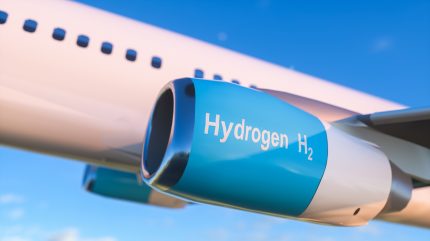
Aircraft manufacturer Airbus has signed a memorandum of understanding (MoU) with Kansai Airports, and Kawasaki Heavy Industries (Kawasaki) to explore the feasibility of establishing hydrogen infrastructure at three Japanese airports.
This study will take place at Kansai International Airport, Osaka International Airport, and Kobe Airport.
The partners aim to assess the potential for introducing and operating hydrogen-powered aircraft as part of the “Hydrogen Hub at Airports” programme.
It will evaluate the technological, economic, legal, and operational aspects of implementing a hydrogen infrastructure roadmap at these locations.
The collaboration seeks to address challenges through potential demonstration projects that may arise from the study’s findings.
Hydrogen-powered aircraft is expected to slash aircraft emissions in the air, while also contributing to decarbonise air transport activities on the ground.
Kansai Airports executive vice president and chief technical officer Mathieu Boutitie said: “We are delighted that this partnership will not only help us crystallise hydrogen solutions in the airport sector but also contribute to the decarbonization in the aviation industry.
“Following our efforts with Airbus since 2022, we welcome Kawasaki in our collaboration and strive to become a model for hydrogen use in airport infrastructure.”
Previously, Airbus and Kansai Airports have worked together on hydrogen utilisation in airport infrastructure development.
This has included showcasing hydrogen-powered fuel cell buses and forklifts.
Each airport’s unique geographical and traffic characteristics have provided Airbus with valuable insights into various hydrogen supply methods.
Kawasaki brings extensive experience in airport infrastructure to the partnership, including baggage handling systems and a proven track record in designing liquified hydrogen supply networks.
This collaboration marks a progression into a more integrated feasibility study that incorporates both supply chain and airport operation perspectives.
Airbus has conducted a liquified hydrogen demand forecast for the airports, indicating an initial requirement of several tons per day, potentially rising to hundreds of tons daily by 2050.
The company notes a mature hydrogen industry presence in the Kansai region, supported by comprehensive policy measures, which bodes well for the future market of hydrogen aviation in Japan.



